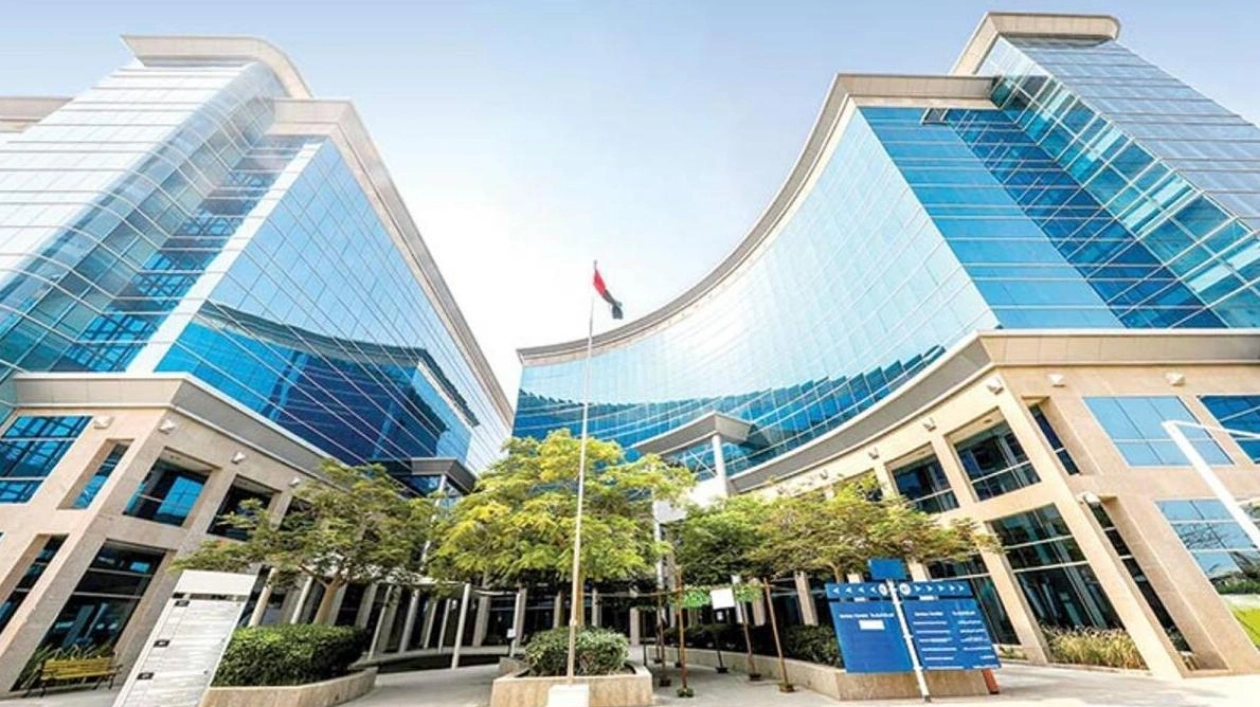The UAE corporate tax law affects traders, who buy and sell goods, unless they qualify for exemptions based on legal structure and revenue. Non-free zone resident juridical taxable traders are required to pay tax on their worldwide income, with a zero percent tax rate for income up to Dh375,000 and a nine percent rate for income exceeding that amount. Natural persons engaged in trading in the UAE are exempt from corporate tax if their annual revenue does not exceed Dh1 million. If their revenue surpasses Dh1 million, they are subject to the same tax rates as resident juridical taxable traders.
Traders classified as Qualifying Free Zone Persons (QFZPs) are eligible for a zero percent tax rate on qualifying income and a nine percent tax rate on non-qualifying income. Qualifying income includes transactions with other free zone persons where the receiving entity is the beneficial owner of the goods, and sales of qualifying goods to non-free zone entities where the customers are not the permanent establishment (PE) of the QFZP. Income from excluded activities is considered non-qualifying income.
The question arises regarding Qualifying Free Zone Traders (QFZTs) selling non-qualifying goods to non-free zone persons who are not their PEs. In this case, the income would not be classified as qualifying unless the seller is a Qualifying Free Zone Distributor (QFZD) performing qualifying activities in the designated zone and selling goods to non-free zone resellers who are not their PEs. The UAE government provides specific incentives, such as a zero percent tax rate, to QFZDs operating in designated zones, provided they maintain their QFZP status, perform qualifying activities, and sell goods to free zone persons and non-free zone resellers.
To retain their Qualifying Free Zone Person status, QFZDs must consistently meet requirements such as maintaining adequate substance in the designated zones, meeting de-minimus criteria, having audited financial statements, adhering to transfer pricing regulations, not opting to be taxed, and generating non-qualifying income less than 5% of the total income or Dh5 million, whichever is lower. The distribution of goods or materials within or from a designated zone involves activities such as purchasing, selling, importing, storing, managing inventory, handling, transporting, and exporting items to customers who may further resell, process, or modify them for sale.
These activities must take place within a designated zone, and if the goods enter the UAE, they must be brought in through the designated zone. There are no restrictions on the method of distribution, but the distribution of goods specifically pertains to tangible products and does not cover intangible products and services like licenses, software, and financial products or services. Distribution services must be provided to a customer who either resells the goods or processes them for resale.
If goods are distributed to an end user, the activity will not meet the criteria for a qualifying activity. A QFZD must perform essential due diligence, such as 'know your client' procedures (KYC) and obtaining confirmation through agreements or contracts, to verify that their customer is not the end user. The qualifying activities of the QFZD include the purchase and resale of goods or materials, warehousing, transportation, delivery and logistics, inventory management, order processing, packaging and repackaging, and ancillary activities such as marketing and advertising, quality control and inspection, and customer support services.
It is essential for free zone-based traders to carefully determine their status, the nature of the goods being sold, and the customer's status to apply taxation correctly. The writer, Mahar Afzal, is a managing partner at Kress Cooper Management Consultants. The above is not an official opinion of Khaleej Times, but of the writer. For any queries/clarifications, please feel free to contact him at mahar@kresscooper.com.






